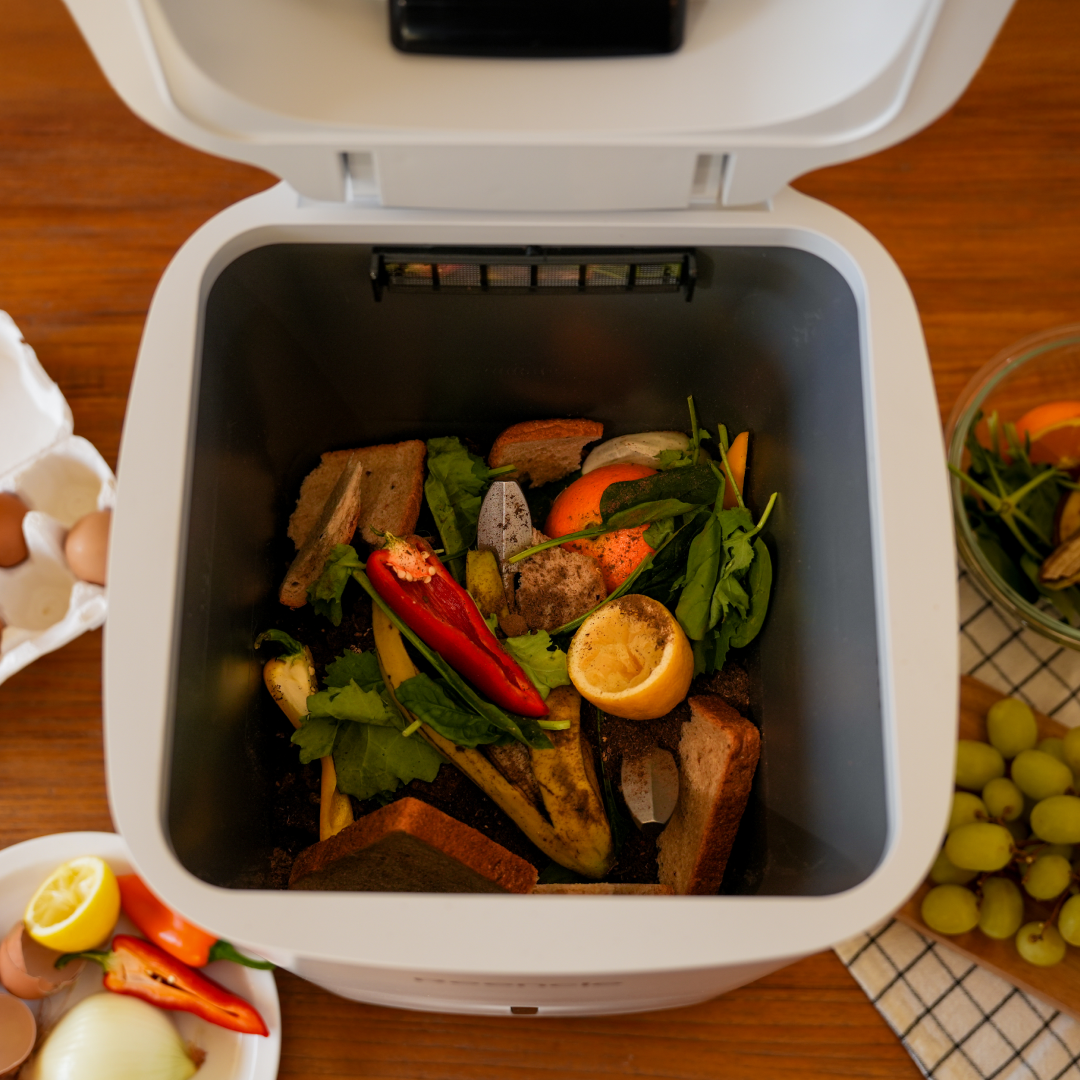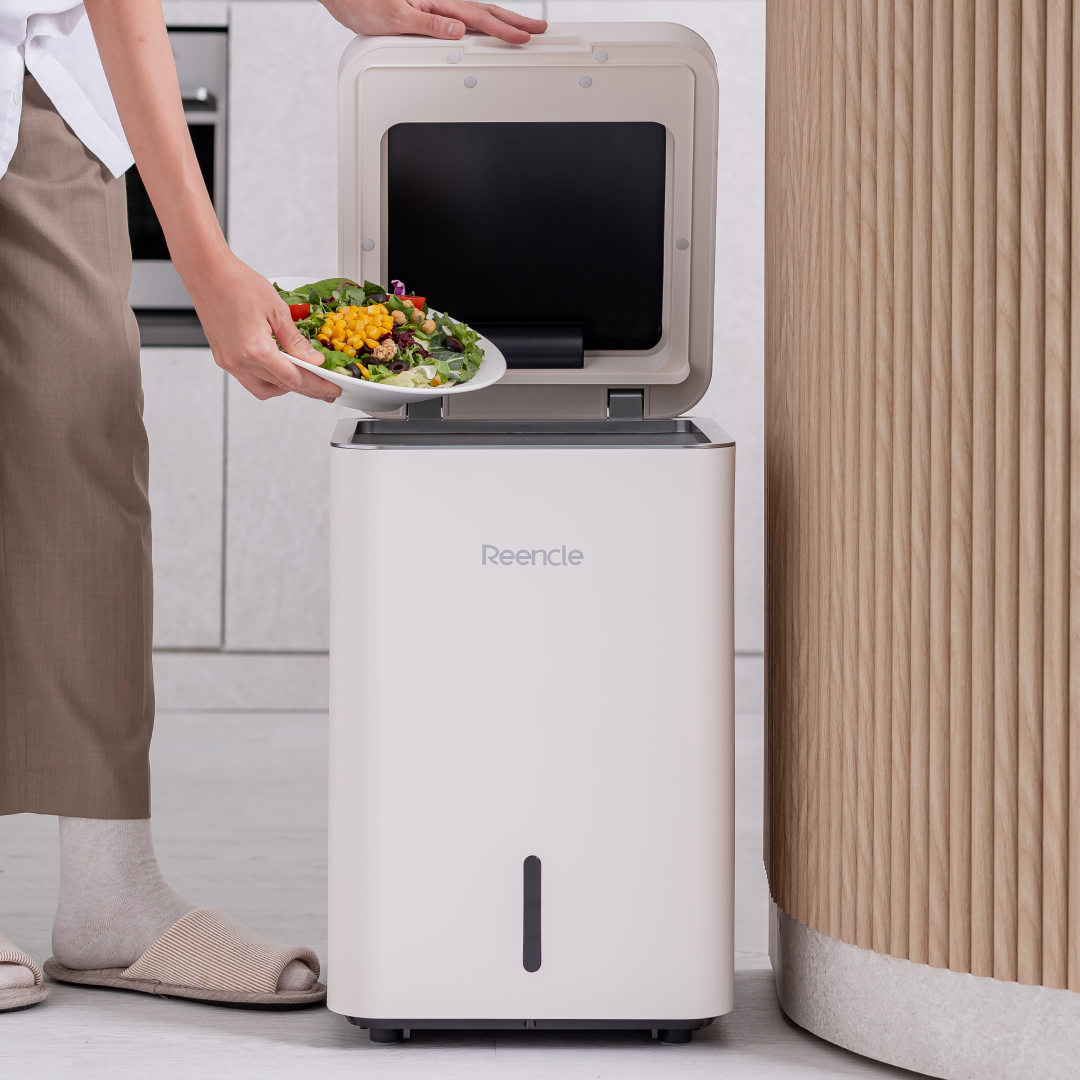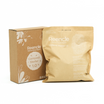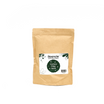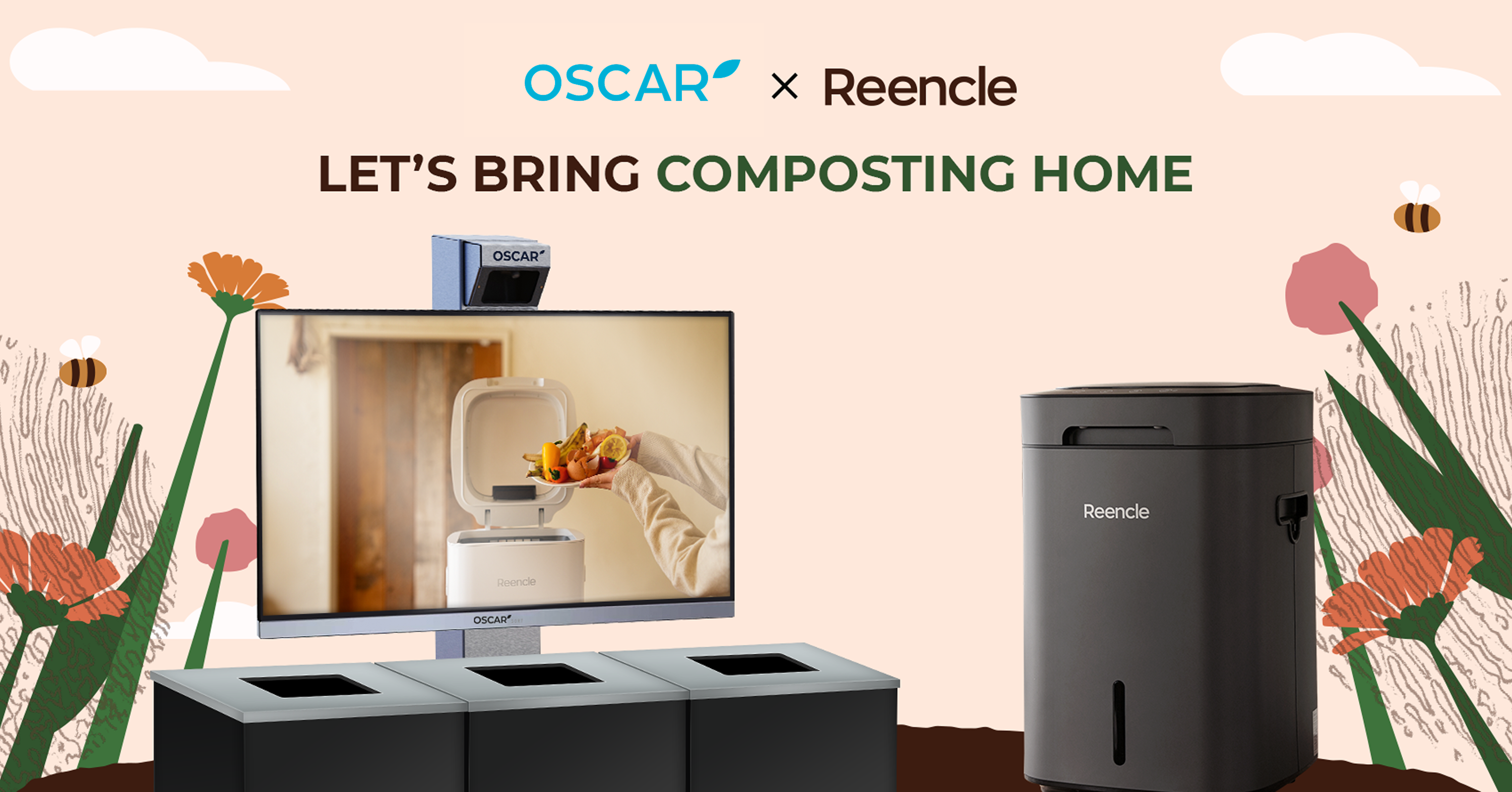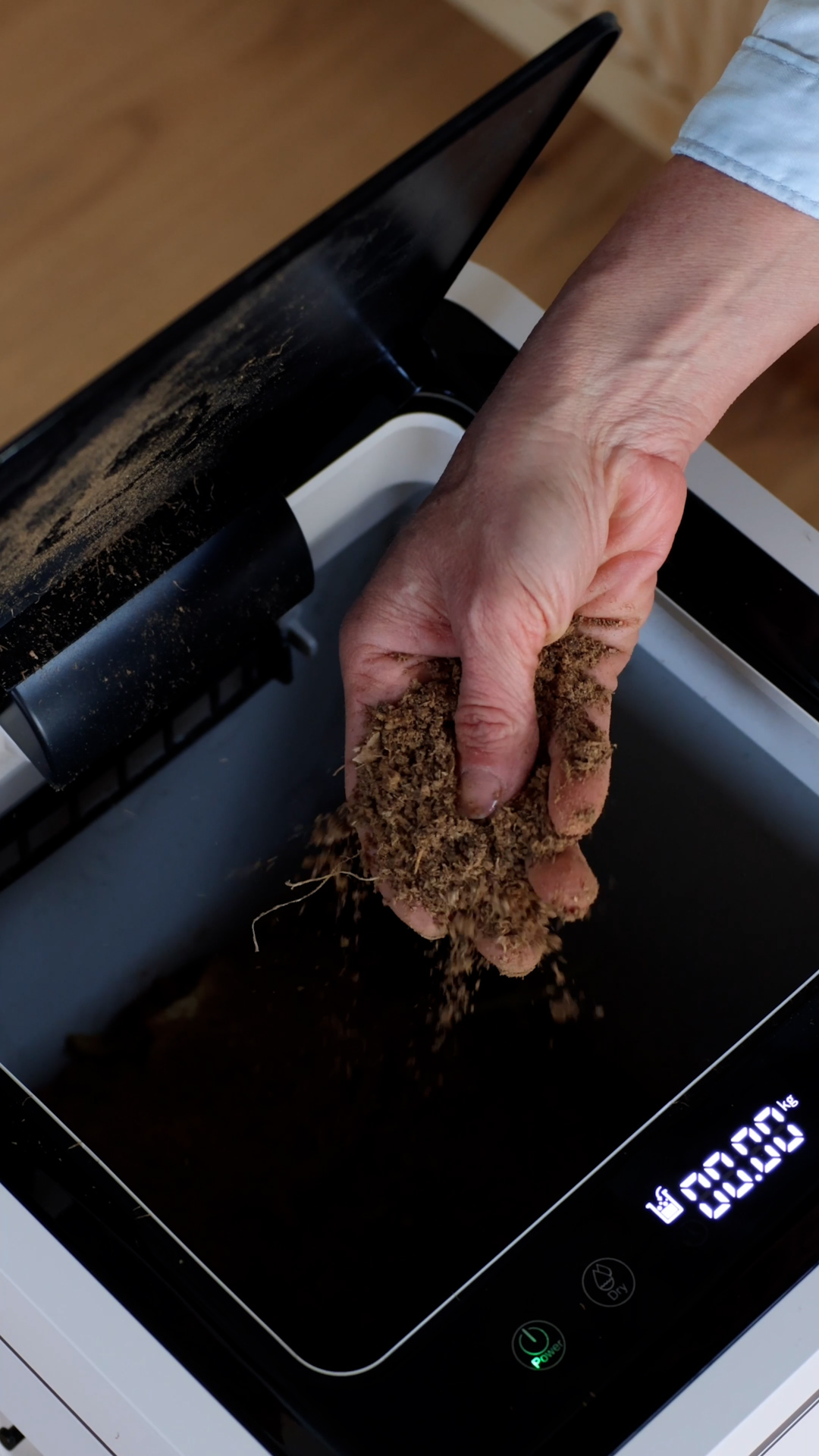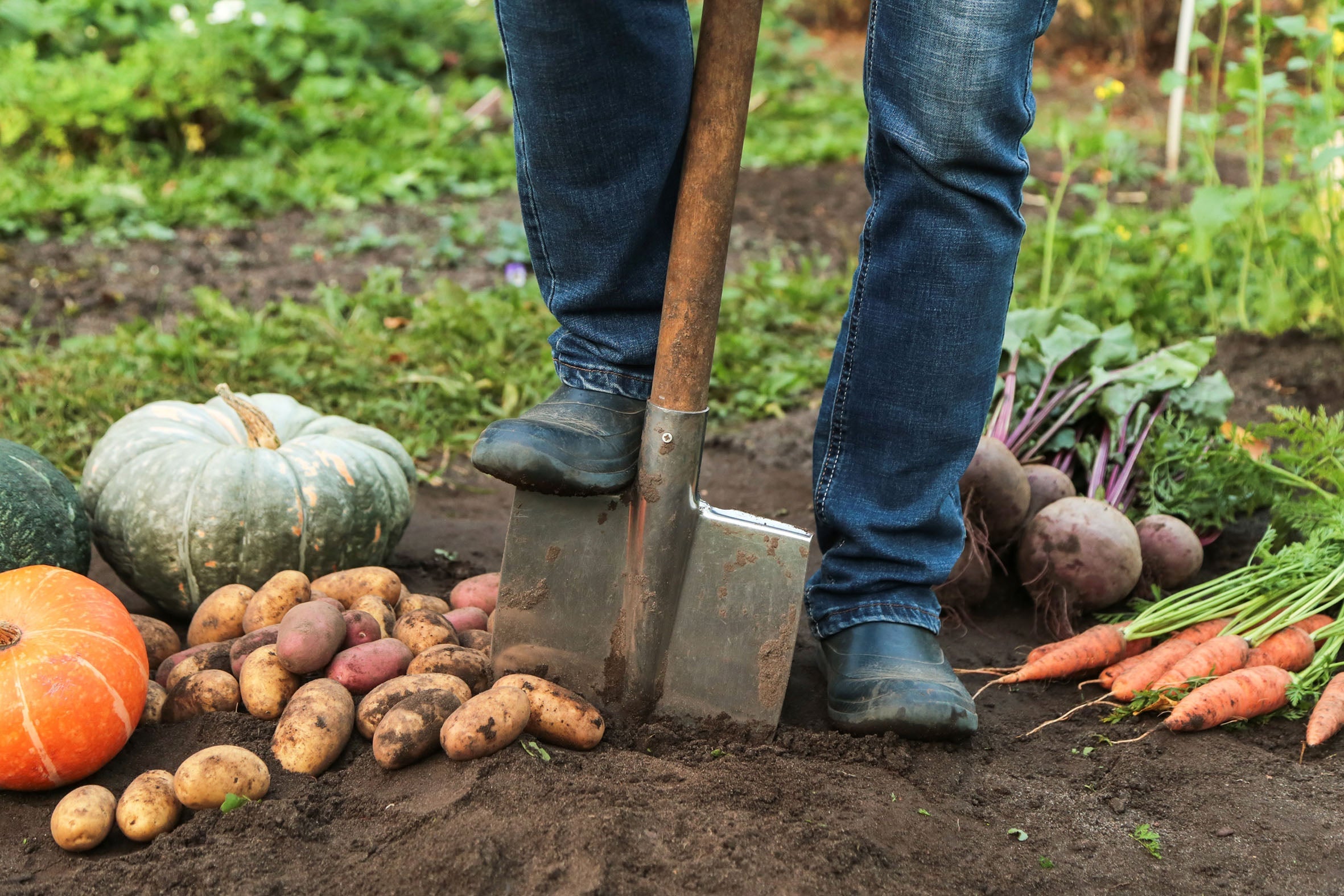The Benefits of Red Wiggler Composting:
What to Give and What Not to Give

Introduction to Red Wiggler Composting
Red wiggler composting, or vermicomposting, is a sustainable and environmentally friendly way to recycle organic waste and create nutrient-rich compost. Red wigglers, a type of earthworm, are the key players in this process, breaking down organic matter and turning it into valuable compost for gardens and plants. In this article, we will explore the benefits of red wiggler composting, what to give to these amazing creatures, and what not to give to ensure a healthy and efficient composting system.
Benefits of Red Wiggler Composting
Red wiggler composting offers a wide range of benefits for both the environment and gardeners. Not only does it divert organic waste from landfills, but it also produces a high-quality compost that improves soil structure, fertility, and water retention. Additionally, red wiggler composting reduces greenhouse gas emissions and promotes biodiversity in the soil. By using red wigglers for composting, gardeners can create a closed-loop system that nourishes their plants while minimizing their environmental impact.
What to Give to Red Wigglers
Red wigglers thrive on a diet of organic waste, including fruit and vegetable scraps, coffee grounds, tea bags, eggshells, and shredded paper. These materials provide the essential nutrients and carbon sources that red wigglers need to sustain their populations and produce high-quality compost. By feeding red wigglers a balanced diet of these materials, gardeners can ensure that their composting system remains healthy and productive.
What Not to Give to Red Wigglers
While red wigglers can process a wide variety of organic materials, there are some items that should be avoided in a red wiggler composting system. These include meat, dairy, oily foods, citrus fruits, and pet waste, which can attract pests, produce odors, and disrupt the delicate balance of the composting process. By steering clear of these materials, gardeners can maintain a harmonious and efficient red wiggler composting system.
Conclusion
In conclusion, red wiggler composting offers numerous benefits for both the environment and gardeners, providing a sustainable way to recycle organic waste and create valuable compost. By understanding what to give and what not to give to red wigglers, gardeners can ensure the success of their composting system while minimizing their environmental impact. With a little care and attention, red wiggler composting can be a rewarding and eco-friendly activity for gardeners of all levels.


